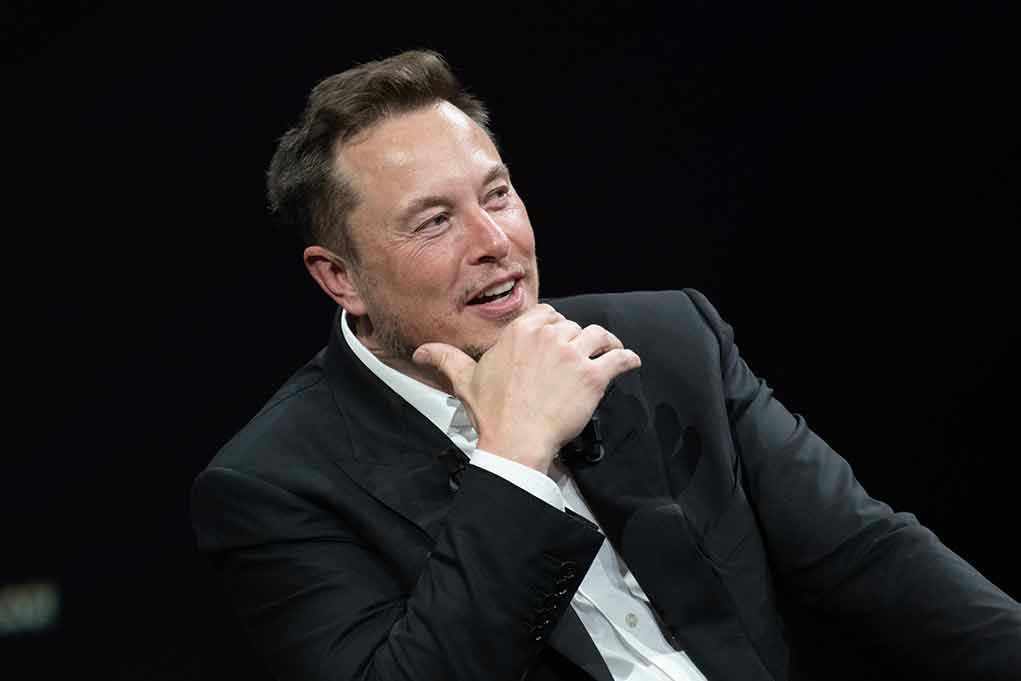
Elon Musk’s X, formerly known as Twitter, is under the microscope as France launches a probe into alleged foreign interference, and it looks like the fireworks are just getting started.
At a Glance
- France investigates X for foreign interference and algorithmic bias.
- X calls the investigation “politically motivated” and refuses to cooperate.
- Musk’s confrontational approach risks escalating tensions with EU regulators.
- The outcome could set a precedent for platform governance in Europe.
French Probe Sparks Controversy
France has initiated an investigation into X, focusing on alleged foreign interference and algorithmic bias. This move has deepened the already tense relationship between Elon Musk’s platform and European regulators. Musk, known for his no-nonsense approach, rebranded Twitter as X and implemented sweeping changes after acquiring the platform. His management style, often seen as combative, is now clashing head-on with regulatory frameworks like the EU’s Digital Services Act.
X’s response to the French probe has been anything but cooperative. The company labeled the investigation as “politically motivated,” asserting that French law is being twisted for political gains. They have publicly announced their refusal to cooperate, setting the stage for a regulatory showdown. The stakes couldn’t be higher, as the outcome may set a precedent for how tech giants interact with regulators in Europe.
Regulatory Tensions and X’s Defiance
X’s defiance is not without risks. Refusing to cooperate with an official probe could provide regulators with grounds for escalating enforcement actions. This standoff highlights the friction between Musk’s vision for the platform and European regulatory expectations. As the probe continues, all eyes are on whether French authorities will impose fines or operational restrictions on X. The platform’s refusal could be seen as evidence of non-compliance, potentially justifying harsher penalties.
The investigation also brings public scrutiny to X’s algorithms and moderation practices. In a region particularly sensitive to issues of misinformation and foreign interference, this heightened focus could prompt other EU countries to follow France’s lead, demanding greater transparency and accountability from tech platforms.
Implications for Free Speech and Platform Governance
For conservatives, this situation underscores a broader concern: the delicate balance between free speech and the need for regulation. Musk’s acquisition of Twitter was driven by a desire to promote free speech, but the current probe raises questions about how free speech principles align with regulatory demands for transparency and accountability.
This case is emblematic of the struggle between US tech giants and European regulators. The French probe into X could accelerate calls for algorithmic transparency and stricter content moderation across the tech sector. If France succeeds in its efforts, it might embolden other EU countries to initiate similar actions, potentially reshaping the landscape of platform governance in Europe.
Broader Industry Impact and Future Outlook
The probe into X has implications beyond the immediate regulatory battle. It’s a test case for the EU’s Digital Services Act and the limits of platform autonomy. Industry experts are closely watching the developments, noting that Musk’s confrontational stance could alienate regulators, leading to harsher penalties or even bans.
For users, especially those in France and the EU, the outcome could affect platform functionality or access. Advertisers and partners may also face uncertainty about platform stability and compliance, potentially impacting their business relationships with X. As the situation unfolds, it’s clear that the implications of this probe extend far beyond the immediate parties involved.

